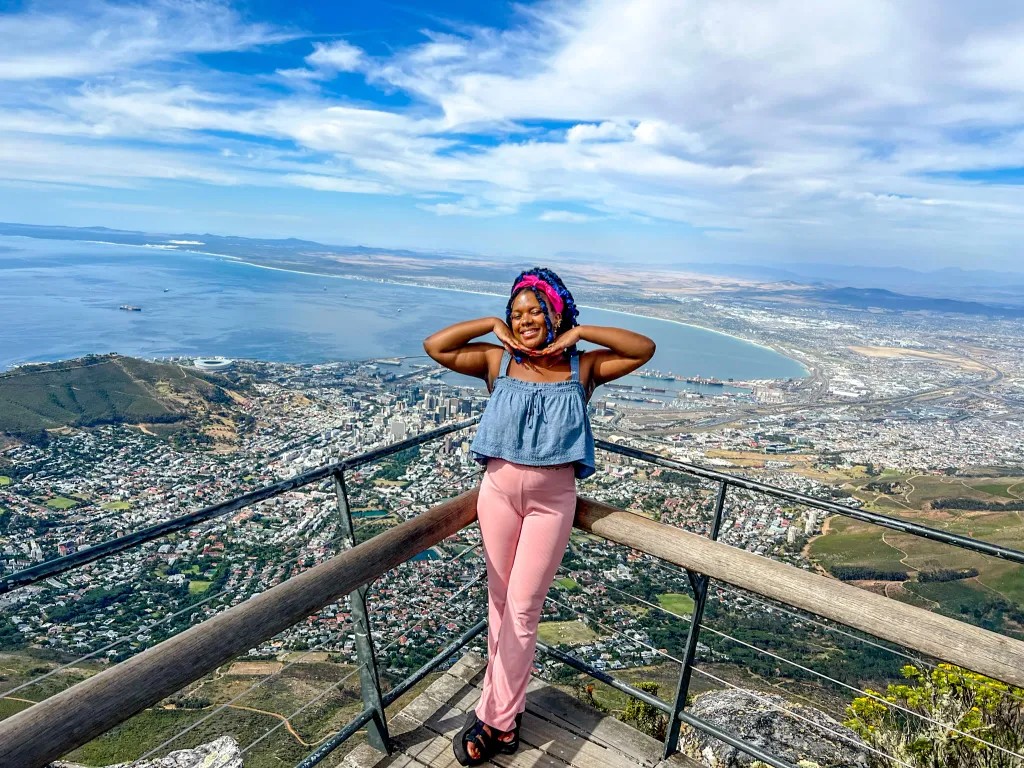
Solo travel may be liberating. You can discover new cultures, regions, and yourself more freely than with group travel. However, going alone may be scary. Even seasoned travellers fear loneliness and danger. Know why Solo Travel Anxiety is common and how to manage it to make your trip memorable.
Fret over the Unknown
One of the main concerns while travelling alone is the unknown. This dread shapes us. Moving to a new city, country, or continent might be terrifying. Ignorance of area customs, transportation, and language might cause anxiety. Travelling in unexpected places can unnerve even experienced travellers. Natural survival impulses normalise worry. In uncertain conditions, our innate danger assessment might activate a fight-or-flight response. Accepting that fear is normal may reduce stress. Homework and preparation may make the unknown intriguing.
Concerns Regarding Safety
Solo travellers naturally value safety. Being responsible for your health while travelling alone, especially abroad, can be daunting. Media reports about robbery, con artists, and other hazards to unaccompanied tourists may heighten these worries. Remember that preparedness and common sense can reduce these hazards. Research your destination, choose renowned accommodations, and be cautious in crowds to keep safe.
Feeling Separated
Many solo travellers fear loneliness. Being alone without someone to share their experiences may make solo travellers nervous. Many people fear eating alone, seeing a city alone, or arriving home to no one to chat to. Extroverts and socialites feel this dread more. Solo travel isn’t necessarily lonely. Lone visitors are more receptive to natives, other travellers, and tour operators. Walking tours, culinary lessons, and hostel socials reduce loneliness and build friendships.
Managing Decision Fatigue
Solo travellers choose. Making decisions about everything from what to do to where to eat might cause decision fatigue. Some solo tourists worry. Solo travel can be challenging since you feel pressure to make “right” selections. Travelling requires numerous big and small decisions, which might cause anxiety. Planning and spontaneity must be balanced to resolve this tension. A flexible schedule allows you seize new chances and lessens decision-making strain. Rest and relaxation reduce decision fatigue and improve trip quality.
Financial Worries
Sometimes alone travel costs more than with friends. When travelling alone, housing, transportation, and food may add expensive. This financial load sometimes worries solitary travellers, especially budget travellers. Understanding that money issues are common whether travelling alone or with friends is vital. Budgeting and planning reduce stress. Vacations may be fun without going over budget if you budget.
Fear of Missing Out
Single tourists often experience FOMO. When travelling alone, you may worry that you won’t have enough people to share your experiences or time to enjoy them owing to practicalities and safety. If you’re jealous of couples or groups of friends enjoying fun on vacation, you may feel left out. The need for social approval and interaction produces this anxiety. Group travel may not give the same experiences as solo travel. You can move freely, act impulsively, and pursue your interests. Solo travel can help you overcome FOMO and grow yourself by changing your mind-set.
Conclusion
Nearly everyone has solo travel anxiety. When travelling alone, fear of the unknown, safety worries, and loneliness are common. If one is ready, has the correct perspective, and practices self-compassion, these concerns can be controlled and even used for personal growth. Solo travel is one of the most enriching. By accepting and managing solo travel worries, you may have new and amazing experiences.



